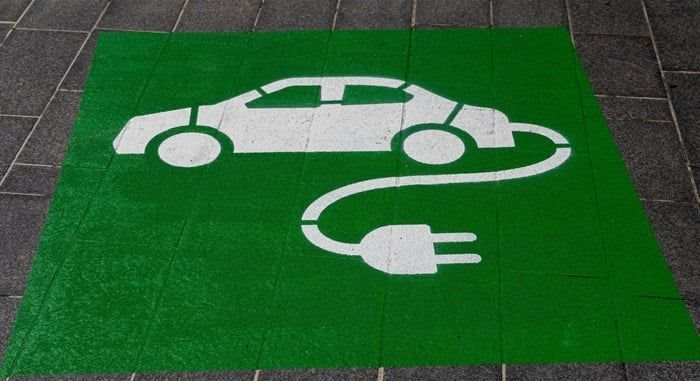
Related
Top stories





Energy & MiningGlencore's Astron Energy gears up with new tanker amidst Sars dispute
Wendell Roelf 8 hours

More news

















Logistics & Transport
Uganda plans new rail link to Tanzania for mineral export boost











Wealthy nations have already committed $8.5bn to help Africa's most industrialised nation cut its emissions. The South African government is seeking roughly 10 times that amount, including R128bn ($7.5bn) to fund a transition to EVs.
Introducing EVs onto the domestic market makes little sense, however, while South Africa remains dependent upon fossil fuels for power generation, Martina Biene, Volkswagen South Africa's managing director, told Reuters.
"The fundamental thing is that finally the source of power can't be coal in the long-term for us to make EVs a thing which is not only an emission-free vehicle but also helps to save the climate," she said.
South Africa produces nearly 90% of its total energy supply from coal and has struggled to implement plans for new renewables capacity.
Speaking on the sidelines of a conference in Johannesburg, Biene said Volkswagen was counting on progress towards decarbonising the power sector to help it reach its own emissions-reduction targets.
"We want to be carbon neutral as a manufacturer, global manufacturer, by 2050 is the ultimate goal ... It only makes sense with renewable energy," she said.
Three-quarters of cars produced by South Africa's auto industry, which accounts for 5% of gross domestic product and over 100,000 jobs, are exported, mostly to European countries.
But with Britain planning to ban sales of new internal combustion vehicles from 2030 and the European Union following suit in 2035, South Africa's government has warned of an existential threat to the sector.
Biene told Reuters last month that the German automaker's South African facility would likely not produce EVs before 2035 and in the meantime would develop new markets for its petrol and diesel vehicles in Asia, Latin America and Africa.

Reuters, the news and media division of Thomson Reuters, is the world's largest multimedia news provider, reaching billions of people worldwide every day.
Go to: https://www.reuters.com/